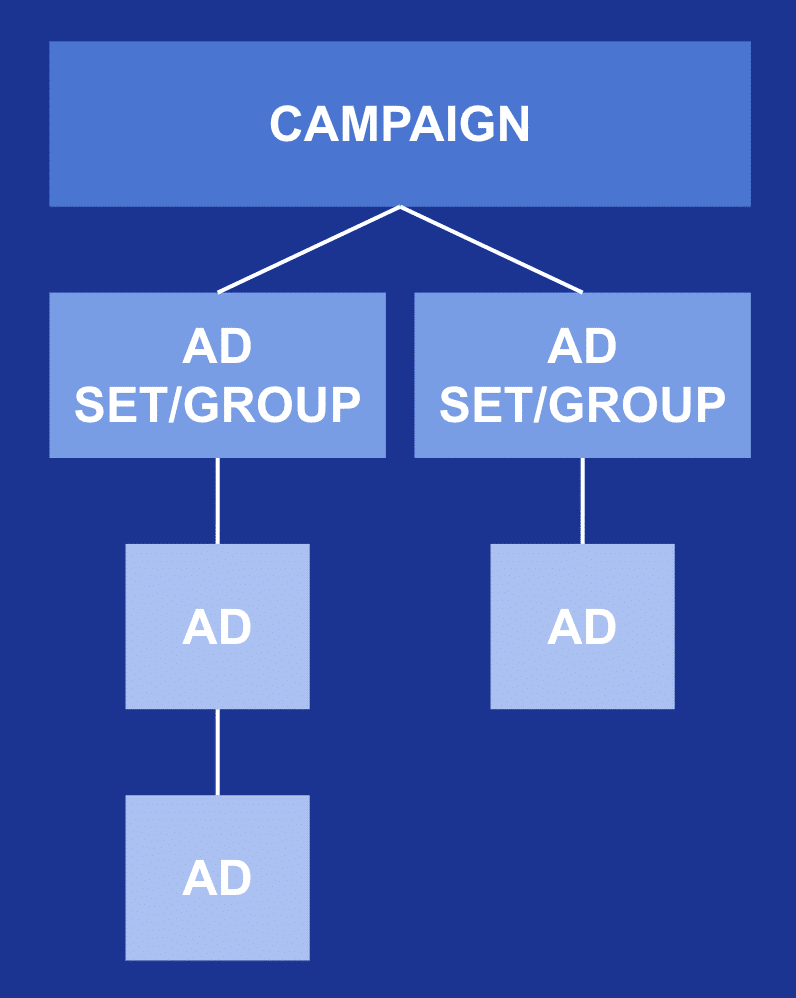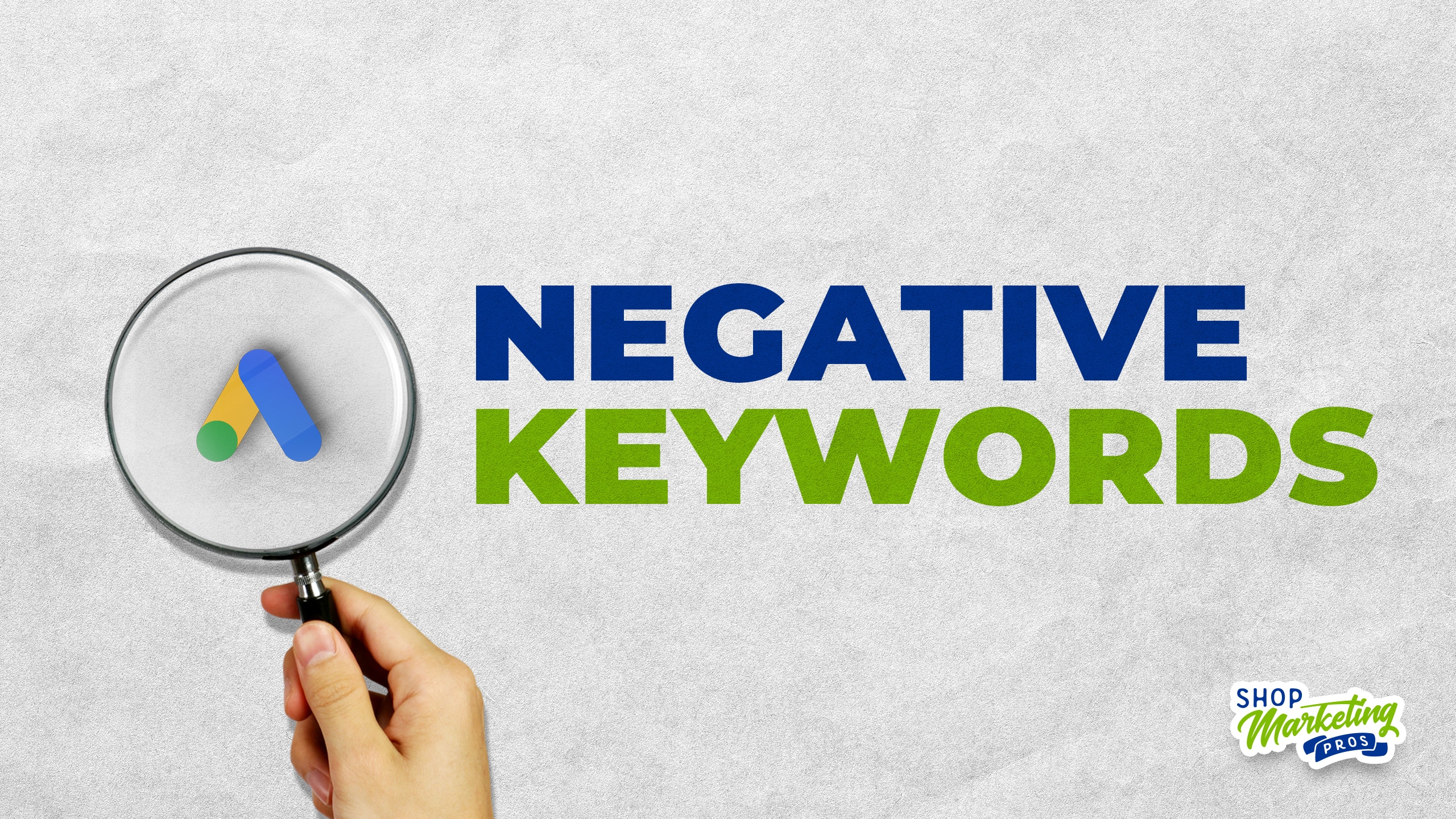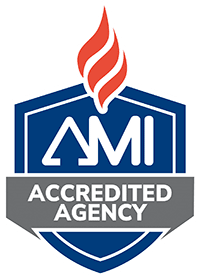Google Ads are one of the most powerful tools for driving new business to auto repair shops. Unfortunately, an incredible amount of money is wasted every day by ad managers who don’t understand the concept of negative keywords – or by shop owners and managers who run their own ads but don’t even know about this amazingly simple tool Google gives you to stop irrelevant clicks.
Keywords Explained
First, it’s important to understand what keywords are. Keywords are the words a searcher types into Google that will either trigger or not trigger your ads.
Note: For the sake of this article, understand that the term “keyword” is used for a single word or a string of words. So even though it sounds like it would refer to a singular word, a phrase like “auto repair shop near me” can be referred to as a keyword or a keyphrase. From a standpoint of SEM (search engine marketing) jargon, either is correct.
Most shops will have the keyword “auto repair” set to trigger their Google ad. Makes perfect sense, right?
So when the words “auto repair” are used in a search query such as “auto repair shop near me” or “best auto repair houston”, the ads can display.
Where Negative Keywords Come Into Play
In the examples I gave above, you would want your ads to display for those search queries. But remember, the words that are triggering the ads are “auto repair”. The rest of the search query is not taken into account.
So what happens when somebody searches for “best auto repair schools”?
Negative keywords are keywords you can put in place that tell Google “when this word is used within the search query, DO NOT display my ads”.
If you don’t have negative keywords in place, your ad will display for this search query, and that’s not good.
Two things can happen here. The most probable thing that happens is the searcher realizes your ad is for an auto repair shop and not a school and they don’t click it. The other thing that can happen is the searcher doesn’t actually read the ad and they click it.
We all know the second example where the searcher clicked the ad is a bad thing because you just got charged for a click that didn’t result in a customer. BTW, that was probably an expensive click because ads for auto repair schools are more expensive than they are for auto repair services.
Here’s where it gets interesting. You would think the first example isn’t a bad thing because the searcher realized your ad wasn’t for them and they didn’t click it, so it didn’t cost you anything.
Wrong.
What Is An Ad Quality Score?
The reason example 2 is a problem is that every time your ad is displayed and does not get clicked on, it negatively impacts your ad quality score, and a low ad quality score results in more expensive clicks and fewer clicks.
Think of it like this. Google is a business. Their biggest profit center is selling clicks. When they display your ad and it doesn’t get clicked, they aren’t making money from you.
I used the example keyword “best auto repair houston”. Do you know how many auto repair shops there are in Houston, TX? A lot! And MANY of them are running Google Ads. It’s not unrealistic that a 5 mile radius in Houston could have over 100 auto repair shops. Let’s say 20% of them are running Google ads.
Now, let’s say someone inside of that radius searches for “auto repair”. All of a sudden Google has 20+ shops that all have their ads set to trigger for that keyword but they only have 4 spots at the top of page 1 to display them – and let’s be real – only the top of page 1 matters.
For the sake of teaching this concept, I’m taking this down to two competing shops. We’ll call them “shop A” and “shop B”.
Shop A has done a great job of optimizing their ads. Every 10 times their ads are displayed, they get clicked 3 of those times. They are bidding $2 per click.
Shop B has done a poor job of optimizing their ads. Every 10 times their ads are displayed, they get clicked on 1 time. They are bidding $5 per click.
From Google’s perspective, every 10 times they show Shop A’s ads, they make $6. Every 10 times they show shop B’s ads, they only make $5.
If you were Google, whose ads would you prioritize?
Shop B is paying a tax for being mediocre. They pay more money for less results. Shop A is reaping the rewards for being excellent. They pay less per click and they see more new clients from their efforts.
The point is, you don’t want your ads to be displayed to people who are looking for a service you don’t provide – and negative keywords are a great way to keep that from happening.
How Do You Find Which Negative Keywords To Use?
Finding the correct negative keywords to use is important. Not every shop will use the same negative keywords. It will depend greatly on the services you do.
Start by looking at the list of search queries that triggered your ads over the last 30 days. Do this every month. You will quickly spot the queries that won’t bring you relevant customers. But be very careful with this. Don’t hastily add negative keywords without thinking it through.
For example, we often see where our clients’ ads display when people are searching for “auto repair jobs”. You don’t want your client facing ads to display for this query, but if you’re like nearly every other shop in the country, you’re looking to hire. Hiring ads can be quite effective.
There is a solution for this.

You can set negative keywords on the campaign level or the ad group level.
In this case I would have separate campaigns for hiring vs customer acquisition. My customer acquisition campaign would have negative keywords for words like “jobs” and “careers”, whereas my hiring campaign would have those words set to trigger the ads (positive keywords) and obviously would not have them as negatives.
Some words to consider as negatives would include:
- Competitors names – people think they want their ads to show when someone is searching for a competitor, and we do this when requested, but these ads are usually money pits.
- Diesel – you will have the word “mechanic” set as a keyword but what about when someone searches for “diesel mechanic”? The same goes for words like “boat”, “lawnmower”, “heavy”, and “equipment”. Now if you work on this stuff, this doesn’t apply.
- Cheap – do you want your ads to display when someone searches for things like “cheap mechanic” or “cheapest auto repair shop”? Some shops do. Most don’t.
- Schools – I already covered this
- Tools – this is another one that will bring you unwanted clicks. People will search using queries like “auto mechanic tools”. You probably don’t want those clicks.
- Parts – do you sell auto parts? Some shops do. But even if you do, do you sell enough that you want to pay for clicks that probably won’t result in a sale? Because the searcher can see you’re a shop and not a parts store.
- Brand Names – are their certain car lines you don’t work on? A lot of shops don’t work on European cars or exotics. So when someone searches for “Mercedes mechanic” do you want your ads to display? If not, add a negative keyword for “Mercedes”.
- Transmission – do you do transmission repair? Be careful here because maybe you don’t do repairs or replacements but you do transmission services (maintenance, flushes, etc). Again, think through it before you add negatives.
These are just a handful of examples. We can have hundreds of negative keywords added to our client’s campaigns.
Another place to find negative keywords is in the phone calls you get. We record and listen to many of the calls that Google Ads produce for our clients and we pull negative keywords from the conversations that were for services our clients don’t provide.
Coach Chris Cotton recommends having a notepad by the phone to write down when calls come in that are irrelevant to your shop, and then sharing this with your marketing team. It’s also a good way to know when you are leaving money on the table by not providing a certain service.
There is no such thing as perfection here. It’s an ongoing experiment and we learn new negative keywords to use constantly.
Regularly Reviewing Negative Keywords
Reviewing the search queries that have triggered your campaigns should be done monthly. This allows you to minimize the number of irrelevant clicks you receive and is one piece of the puzzle in maximizing your CTR (click through rate). This leads to a higher ad quality score, lower cost per click, and more effective Google Ads campaigns.
But it’s also important to review your negative keyword list periodically. Doing this quarterly is sufficient. The reason you want to do this is because things change in your business over time. Maybe you recently hired a Porsche tech but completely for got that 2 years ago you added “Porsche” as a negative keyword. It happens more often than you would think.
In Conclusion
As you can see, negative keywords are a powerful tool to optimize your Google Ads campaigns, but they only work if you put in the effort to stay on top of this.
If you’re looking for a professional to manage the Google Ads for your auto repair shop, we would love to be your marketing team.
Simply schedule a discovery call for a no-pressure look at how we can help you.




